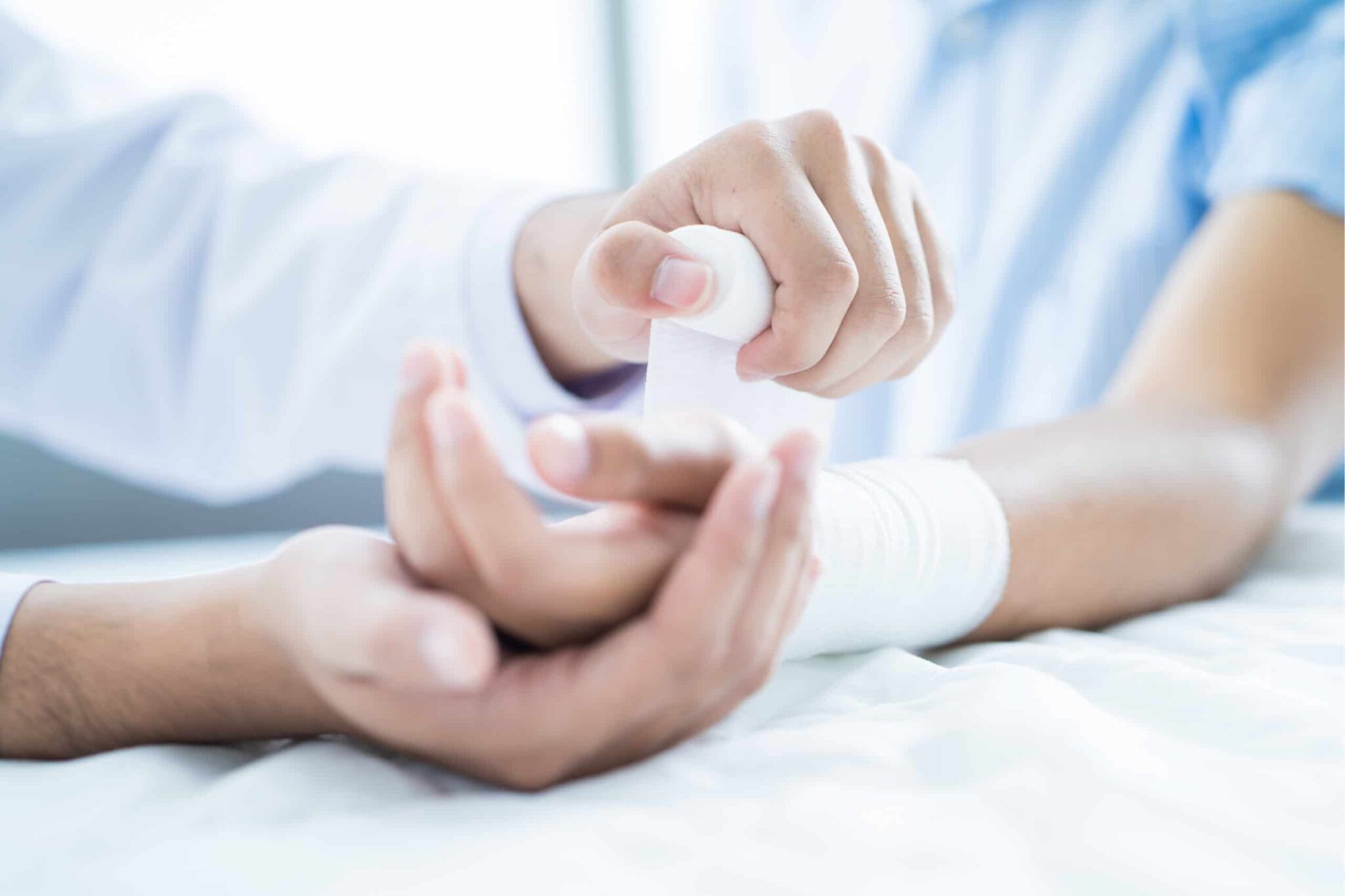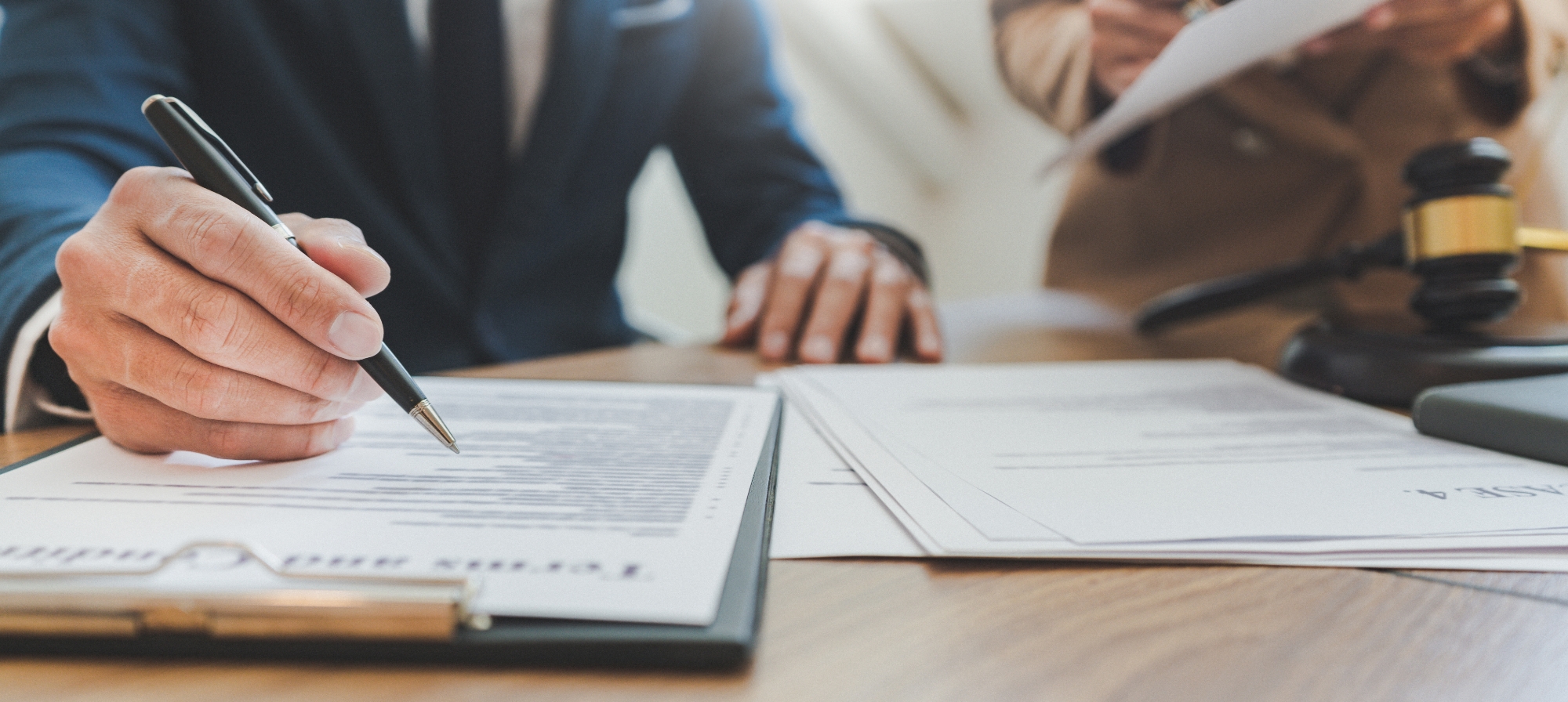After a car accident, it can be tempting to skip the doctor’s office, especially when you don’t think you’re badly hurt. However, there’s no reason to put off going to the hospital, even if you think your cuts will heal without stitches, or your headache will go away if you drink enough water. Don’t wait for your gashes to get infected or your headache to become a dangerously untreated traumatic brain injury.
Prompt treatment can lead to better health outcomes. However, your doctor’s detailed medical records will also serve as valuable evidence when you decide to file an injury claim. Below, the experienced lawyers at Crosley Law outline five essential things you need to talk about with your doctors.
5 Things to Discuss With Your Doctor After a Crash
When you talk with your doctor after a car accident, the most important thing is to be completely open and honest. There is no shame in admitting when you can’t do something, and being forthcoming about your pain, limits, and activity level will only help your doctor provide you the best medical care so you can heal as quickly as possible.
Here are some things you should discuss openly with your doctor.
1. Your Complete Health History
You might not think your torn ACL from five years ago or your family history of asthma affects your car accident case. However, all of these factors impact your current injury and healing. It’s important that your doctor understands your past injuries, other health conditions, and family history.
For example, many people with diabetes heal slowly and are prone to infection. If your doctor understands that you struggle to keep your blood sugars under control, they’ll know to keep a lookout for complications involving your wounds or surgical incisions.
RELATED ARTICLE: Why Are My Car Accident Injuries Taking so Long to Heal?
2. How You Got Hurt in the Car Crash
When you visit the doctor, don’t just tell them that “my back’s been bothering me.” Instead, explain the specifics of your crash. For example, you might report, “I was parked at a red light when a pickup rear-ended me. The impact pushed me forward into the intersection, and another car hit my driver’s side.”
However, you don’t want to embellish your story; don’t speculate about the exact speed the other car was going or whether they were intoxicated. Sometimes, the insurance company will try to use a victim’s inaccurate statements to damage their credibility. To avoid this, you should stick to the facts you know.
“Every time you see a doctor, they will document your history and symptoms, their clinical findings, and a recommended treatment plan. This information can help connect your medical condition to the crash and help calculate your damages.”
3. What Your Future Treatment Will Involve
When the road to healing is long and uncertain, you will want to understand what your future treatment will involve, both physically and financially. That way, you can prepare yourself and plan for your future. Additionally, your estimated treatment plan and the cost of your surgeries, medications, and physical therapy will help your lawyer understand how much compensation you’re owed.
RELATED ARTICLE: 5 Damages That Car Accident Victims Miss Out On
4. Whether You Can Work or Not
All too often, we meet people who decided to keep working after a crash, despite their life-changing injuries. Sometimes, their determination is admirable. Other times, it’s dangerous.
When you meet with your doctor, be sure to understand what your limitations are when it comes to work. We know that there’s significant financial pressure to keep working — medical bills are rolling in, after all. However, if you work through your pain, you may reinjure yourself.
Rather than take that risk, you should talk candidly with your doctor about your symptoms and limitations – and see if they think it’s safe for you to work. Remember, a successful personal injury lawsuit can help you recover your lost wages.
5. Your Projected Healing Outcome
We always advise victims to get a complete understanding of their injuries and work towards the best healing outcome. Even when you come out the other side with less functionality, range of motion, or ability than you had before, we believe you can go on to lead a full and healthy life.
However, a clear understanding of your prognosis can do more than fuel your determination. Your doctor’s insight into your permanent disabilities and likelihood of recovery can help your injury lawyer calculate your damages and negotiate a fair settlement with the insurance company.
We know that talking about sensitive subjects like car crashes and disability can be difficult. However, these sensitive conversations can help you improve your medical and legal outcomes.
Why Is It So Important to See a Doctor After a Crash?
Every time you see a doctor, they will document your history and symptoms, their clinical findings, and a recommended treatment plan. This information can help connect your medical condition to the crash and help calculate your damages. At Crosley Law, we know that a detailed and accurate medical chart can make a big difference in a Texas injury claim.
For this reason, you should always:
- Avoid gaps in medical treatment and follow up with your doctors when needed.
- Continue medical treatment as long as you have pain and other symptoms.
- Give your doctors an accurate explanation of your symptoms and when they began.
- Follow your doctors’ advice to the best of your abilities.
If you fail to follow these simple rules, you may seriously weaken your injury claims – and you may lose out on the compensation you deserve.
Hurt in a Crash? Call Crosley Law for a Free Consultation
At Crosley Law, we know how tumultuous the road to recovery can be. That’s why we fight for victims who are suffering through no fault of their own with empathy and grit. If you or someone you love needs help recovering damages to cover medical bills after a crash, don’t hesitate to call Crosley Law. Our firm can investigate your case, help you preserve evidence, and get you the justice you deserve. Call us at 210-LAW-3000 | 210-529-3000 or fill out our quick online form to schedule your free consultation today.
The content provided here is for informational purposes only and should not be construed as legal advice on any subject.









